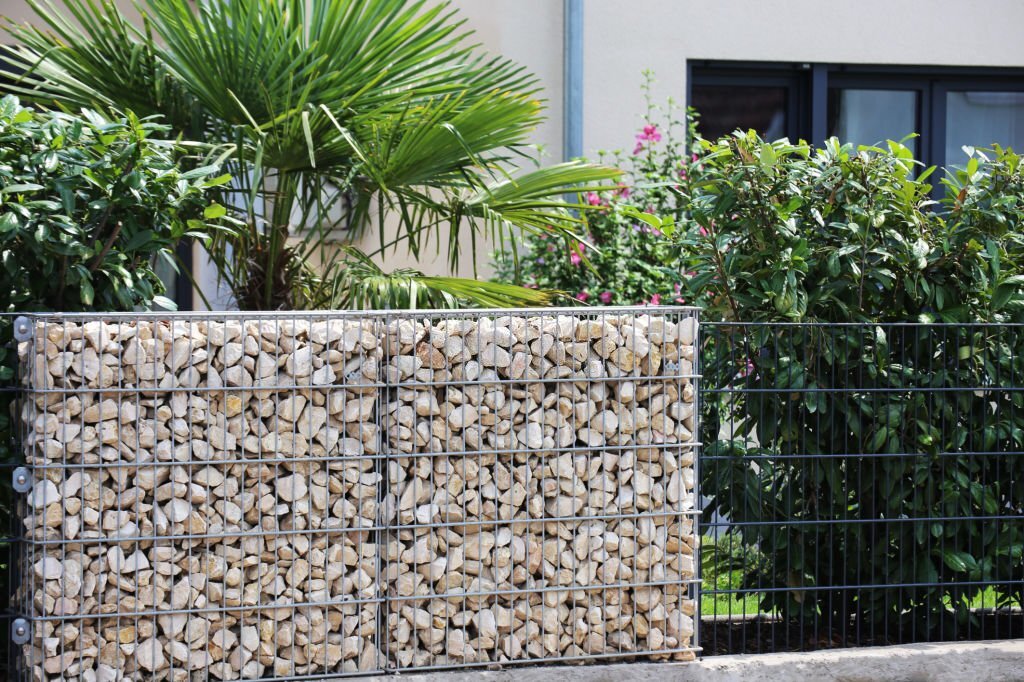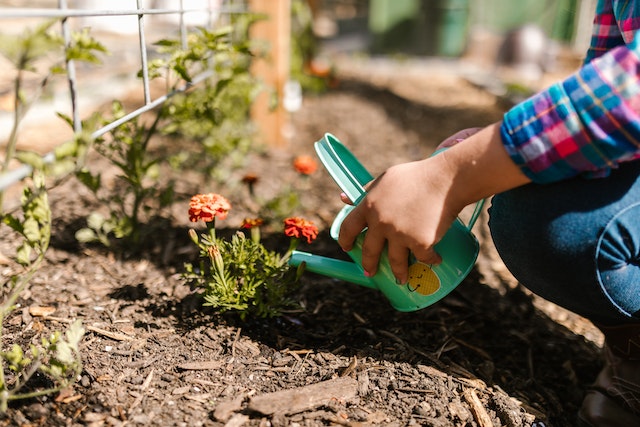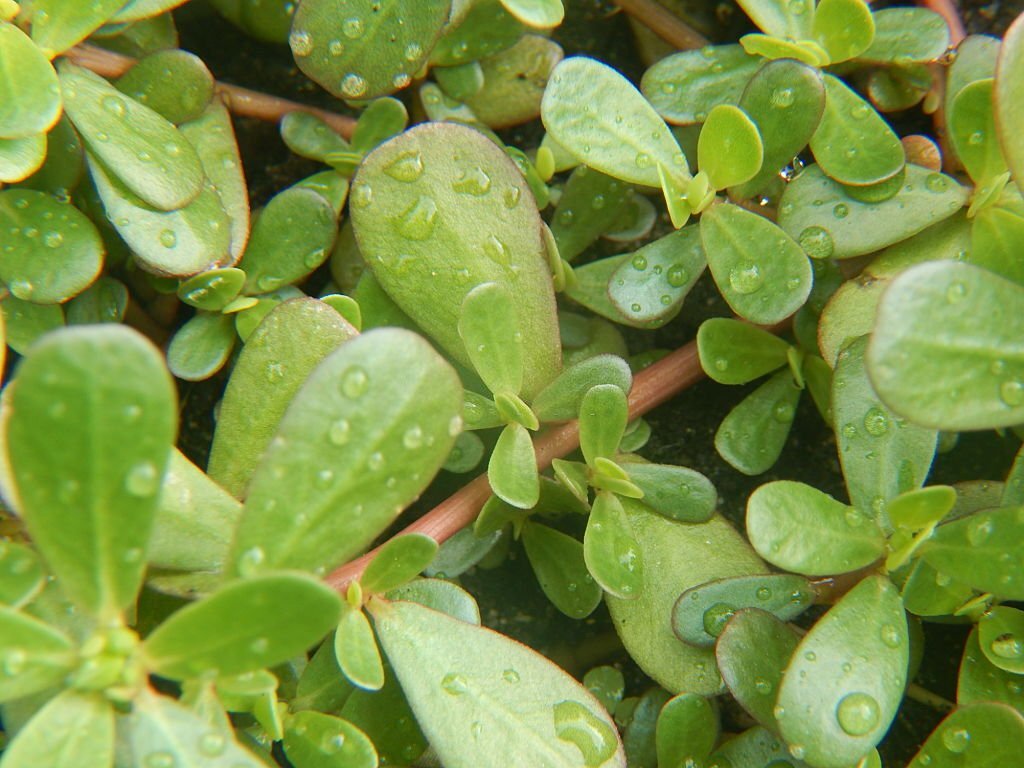Environmentally Friendly Ideas in Controlling Plants

Creating a beautiful garden is lovely, but doing it in a way that’s kind to the Earth is even better. Every gardener knows the struggle with pests and weeds, but using harmful chemicals can cause problems for our environment, pets, and children. Luckily, there are more innovative options that are safe for everyone in controlling plants. Let’s explore the importance of plant control and delve into some environmentally friendly ideas to enhance your gardening experience.
What is the Importance of Controlling Plants?
Plant control refers to the various methods used to manage plants’ growth, health, and appearance in our gardens and landscapes. Whether you’re a seasoned gardener or starting, understanding plant control is crucial for fostering healthy and thriving greenery.
Maintaining plant health goes beyond aesthetic considerations. Healthy plants contribute to a balanced ecosystem, cleaner air, and enhanced biodiversity. They can also improve soil quality, which in turn helps with water retention and reduces erosion. Plant control methods play a pivotal role in preventing the spread of diseases, deterring pests, and optimizing the overall well-being of your garden.
Environmentally Friendly Ideas
One innovative and eco-friendly idea for controlling plants is the use of gabions. Gabions are box-like structures made from a strong steel wire mesh with a hexagonal pattern. These boxes are filled with rocks and then stacked on one another to create a wall that relies on gravity for stability. When used strategically, gabions provide effective control by preventing the spread of invasive plants, erosion, and water runoff.

Gabions are not only functional but also environmentally friendly. They use natural materials like rocks and are a sustainable alternative to traditional concrete walls or chemical treatments. Additionally, gabions can provide habitats for small animals and insects, contributing to local biodiversity. By incorporating gabions into your garden design, you’re controlling plants growth and promoting a harmonious relationship between your garden and the surrounding environment.
Other Eco-Friendly Ideas For Your Garden in Controlling Plants
1. Mulching
Mulching serves as a dual-purpose technique in gardening. Not only does it effectively deter the growth of unwanted weeds, but it also assists in retaining soil moisture. This aspect becomes particularly crucial in regions facing water constraints. Applying a layer of mulch, ranging from 2 to 3 inches thick is recommended for both garden beds and landscaping plants. Sustainable gardening offers various options for mulch, including cocoa bean hulls, pine needles, shredded bark grass clippings, and coir derived from coconut hulls.
2. Plant Natives
Understanding the principles of cultivating an eco-friendly garden involves being aware of the appropriate plant choices. Sustainable plants refer to those that are native to your area. These indigenous plants demand less maintenance, typically consume less water, and flourish more effectively than other perennial varieties due to their natural compatibility with your local climate, rainfall, and soil conditions. Moreover, native plant species serve as nourishment and refuge for local insect and bird communities.
3. Water Less
Conserving water is vital to sustainability, particularly in regions with limited water resources. Xeriscaping, an approach to gardening and landscaping that minimizes watering needs, integrates an array of appealing shrubs and perennials that can withstand drought conditions. To harness rainfall for your plants, set up a rain barrel beneath one or multiple downspouts to collect water from nature.
As custodians of our environment, we are responsible for prioritizing sustainable practices, even in our gardens for Controlling Plants. The importance of plant control cannot be overstated, as it affects the health of our plants, the well-being of local ecosystems, and our overall environmental footprint. Embracing eco-friendly ideas can revolutionize the way we approach gardening.
Written by Taylor McKnight, Author for Gabion Supply





